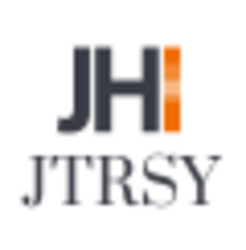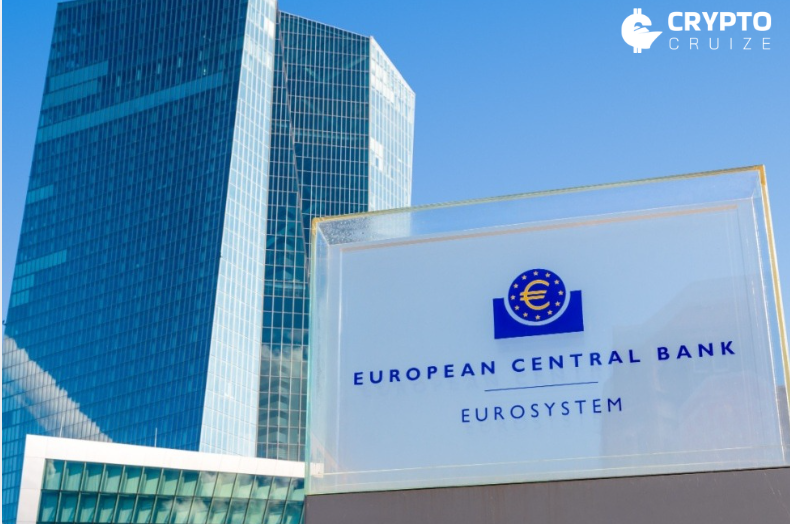Chainlink, the decentralized blockchain oracle network, has launched a new compliance solution designed to enable the flow of institutional capital into the crypto space, potentially unlocking over $100 trillion in investments.
The company unveiled its Automated Compliance Engine (ACE) on Monday, positioning it as a modular and standardised compliance framework for both decentralised finance (DeFi) and traditional finance (TradFi) ecosystems. ACE is expected to reduce the high cost and complexity of regulatory compliance, long considered a major barrier for institutions entering the crypto market.
Streamlining Compliance for Institutional Investors
ACE has been developed to address the billions of dollars currently spent on fragmented compliance systems. According to a 2023 LexisNexis and Forrester Consulting report, financial crime compliance cost institutions in the US and Canada more than $60 billion last year alone.
By offering a unified framework for regulatory management, ACE enables the creation of compliance-focused digital assets and services across both public and private blockchains. This includes support for reusable digital identities, automated enforcement of compliance policies, crosschain settlement of compliant digital assets, and regulated asset usage within DeFi.
Chainlink’s co-founder Sergey Nazarov believes this launch marks a pivotal moment for digital finance. “If you make a digital asset and use the Chainlink standard for compliance in that digital asset, it will be better, cheaper, and faster than its traditional alternative,” he said. “Chainlink ACE is the compliance and identity standard the tokenised asset economy has been waiting for.”
Collaborations and Technology Backbone
ACE has been built on the Chainlink Runtime Environment and is being launched in collaboration with several high-profile market participants. These include Apex Group, a global financial services provider; the Global Legal Entity Identifier Foundation (GLEIF); and the ERC-3643 Association.

The inclusion of GLEIF signals a strong emphasis on verifiable legal identities in the compliance process. GLEIF CEO Alexandre Kech noted that Chainlink’s solution is a “powerful example” of how digital identities can enhance trust and auditability in blockchain ecosystems. He encouraged financial institutions to work with solution providers on implementing vLEI (verifiable Legal Entity Identifier) to improve interoperability and meet evolving regulatory expectations.
Reducing Onboarding Costs and Enhancing Security
One of the major advantages of ACE is its ability to integrate with both onchain and offchain systems, allowing institutions to automate and enforce compliance in a privacy-preserving manner. This is particularly valuable in a regulatory landscape that demands robust identity verification and transaction monitoring while ensuring data protection.
Previous approaches to compliance in the digital asset space often relied on manual verification and fragmented systems, which led to repeated due diligence and inefficiencies across counterparties. Chainlink’s architecture allows compliance logic to be reusable, upgradeable, and enforceable across various token standards, simplifying onboarding and operational processes.
A Foundation for the Future of Tokenised Finance
Chainlink sees ACE as a foundational layer for the future of digital assets. By standardising compliance mechanisms, the engine aims to reduce costs, improve accuracy, and ultimately accelerate the institutional adoption of tokenised assets.
The system is currently in early access for selected institutions, with the broader goal of becoming the go-to compliance infrastructure for large-scale capital entering the blockchain economy.
As global financial institutions increasingly explore the potential of blockchain and digital assets, Chainlink’s ACE could play a key role in bridging the regulatory gap between traditional finance and the decentralised future.






















































